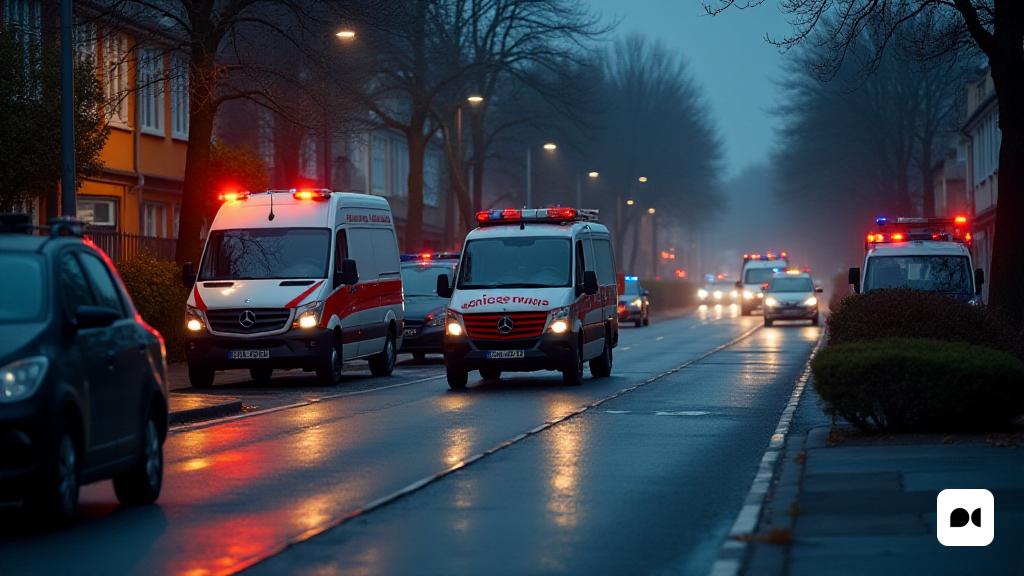The End of an Intense Search
The anguish in Solingen has reached a breaking point with the capture of the main suspect in the attack that left three dead and multiple wounded. Herbert Reul, the interior minister of North Rhine-Westphalia, announced the arrest in an ARD broadcast, stressing that the individual turned himself in to the authorities on Saturday evening, with evidence indicating his direct involvement.
Suspect Identity: A Man with a Complicated Past
According to Der Spiegel, the suspect is a 26-year-old Syrian man who arrived in Germany in December 2022. His ‘subsidiary protection’ status indicates that, although he is not considered a refugee, he has sought asylum in the country. This individual had not previously been identified by authorities as a potential radical.
Tests and Other Detainees at the Refugee Center
Reul stressed that the arrest was not based on mere assumptions, but on concrete evidence. It has been confirmed that the suspect was residing in the same refugee centre where a heavy police deployment was implemented. In addition, a 36-year-old man in connection with the case and a 15-year-old teenager, who allegedly had prior knowledge of the attack, have been arrested.
Islamic State Claims: A Context of Violence
Prior to the arrests, the Islamic State terrorist group claimed responsibility for the attack, describing the perpetrator as an “Islamic State soldier.” In a statement, they justified the attack as an act of revenge for the plight of Muslims in Palestine and elsewhere. However, the lack of concrete evidence raises questions about their true connection to the attack.
Reflections on Security and Integration
This tragic event not only highlights the security challenges in Europe, but also raises questions about the integration of refugees into German society. The situation requires deep reflection on how future attacks can be prevented and how protection and asylum systems can be ensured to serve their purpose without compromising public safety.

